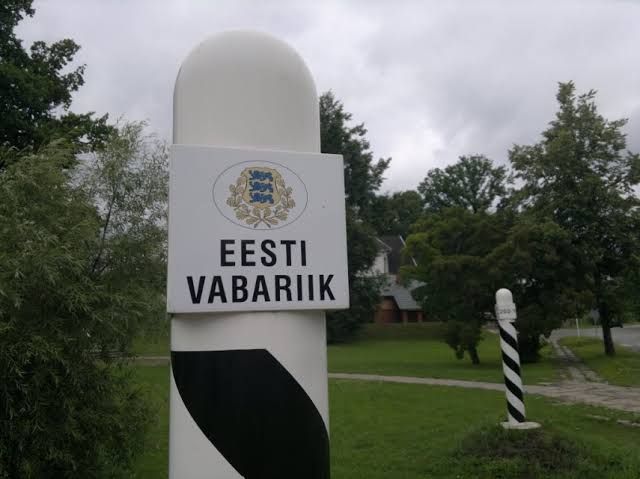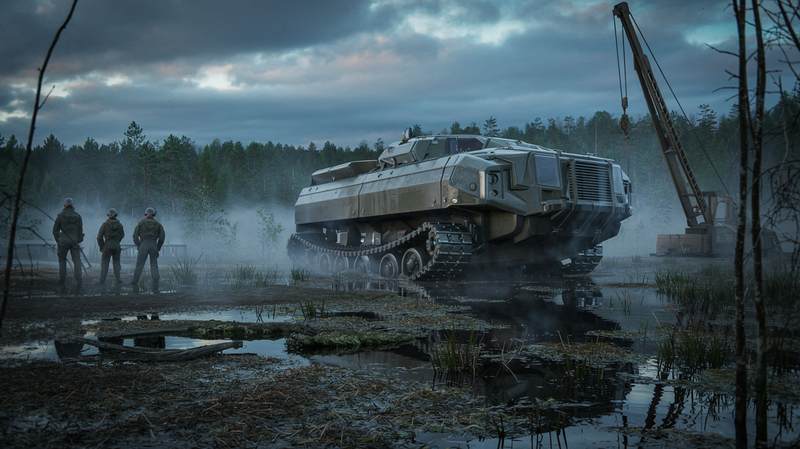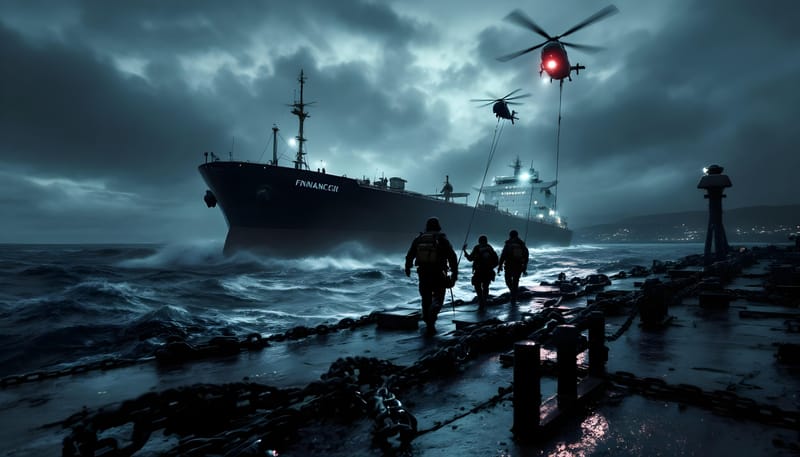Secured Borders or a Captive Populace? The Harsh Reality of War-Time Legislation in Estonia
With the specter of war looming in the Eastern European horizon, nations grapple with hard questions about national security, societal stability, and citizen rights. Estonia, a small Baltic nation sharing its eastern border with Russia, finds itself under a particularly glaring spotlight. A piece of legislation from 2016, tucked away

With the specter of war looming in the Eastern European horizon, nations grapple with hard questions about national security, societal stability, and citizen rights. Estonia, a small Baltic nation sharing its eastern border with Russia, finds itself under a particularly glaring spotlight.
A piece of legislation from 2016, tucked away in Estonia's National Defense Act, has been causing a stir among its population. According to the Act, the Estonian government reserves the right to close the country's borders during times of war, effectively blocking citizens from leaving.
A recent survey commissioned by Estonia's Defense Ministry uncovered a sobering statistic: nearly one in five Estonians would consider leaving the country should a war break out. This figure rises dramatically among younger age groups, with 42% of 20-29 year-olds, and a third of 15-19 year-olds expressing their intention to exit Estonia at the onset of hostilities.
This could leave nearly 200,000 people potentially stranded in the country if the government were to exercise its war-time powers. Ostensibly, the legislation is designed to ensure the nation's defense is robust and includes all societal resources and manpower. However, the potential human toll raises concerns about personal freedom and safety.
For families with small children, these concerns are especially poignant. They now find themselves facing a harsh reality, where their ability to safeguard their loved ones could be compromised by national defense strategies.
Given the current situation in Ukraine and the rising tensions in the region, the realities of a full-blown conflict weigh heavily on the Estonian populace. The memory of Estonia's occupation by the Soviet Union during World War II is still fresh in the collective memory, and the fear of history repeating itself is very real.
The question arises: How can Estonia strike a balance between ensuring national security and protecting individual rights? This issue requires a delicate balancing act, one that needs to consider the broader geopolitical context, the practicalities of national defense, and the fundamental rights of citizens.
The predicament Estonia finds itself in serves as a stark reminder of the complex dilemmas small nations face amid escalating global tensions. The country now needs to foster an open dialogue that addresses these fears and concerns, and ultimately find a solution that safeguards both the nation's security and its people's freedoms.




